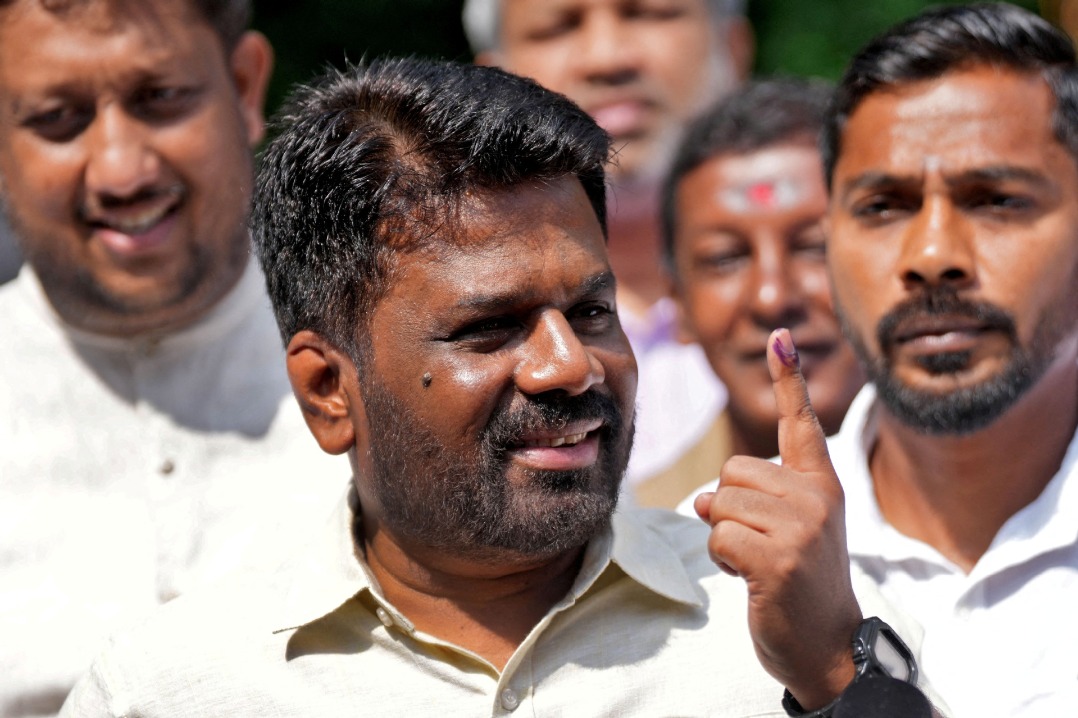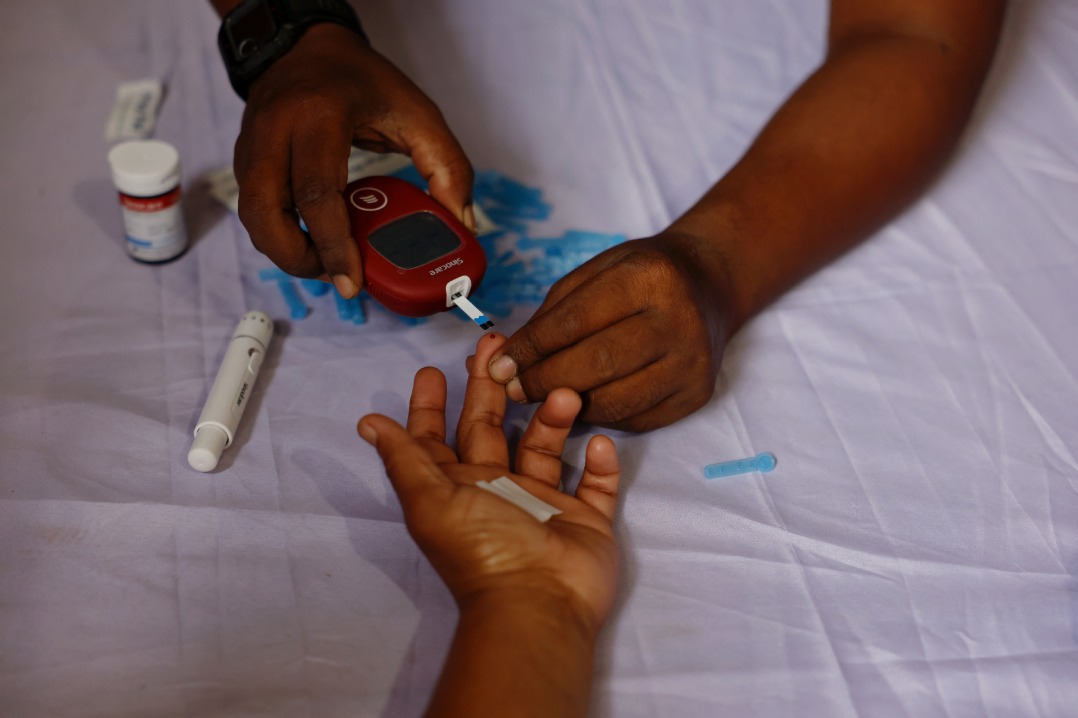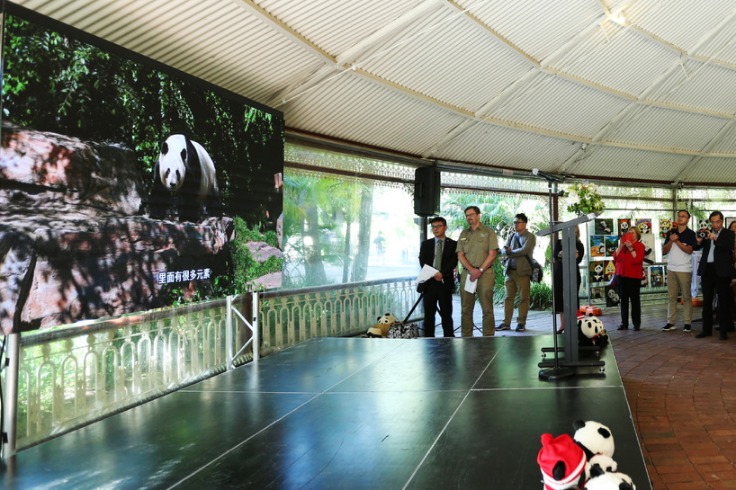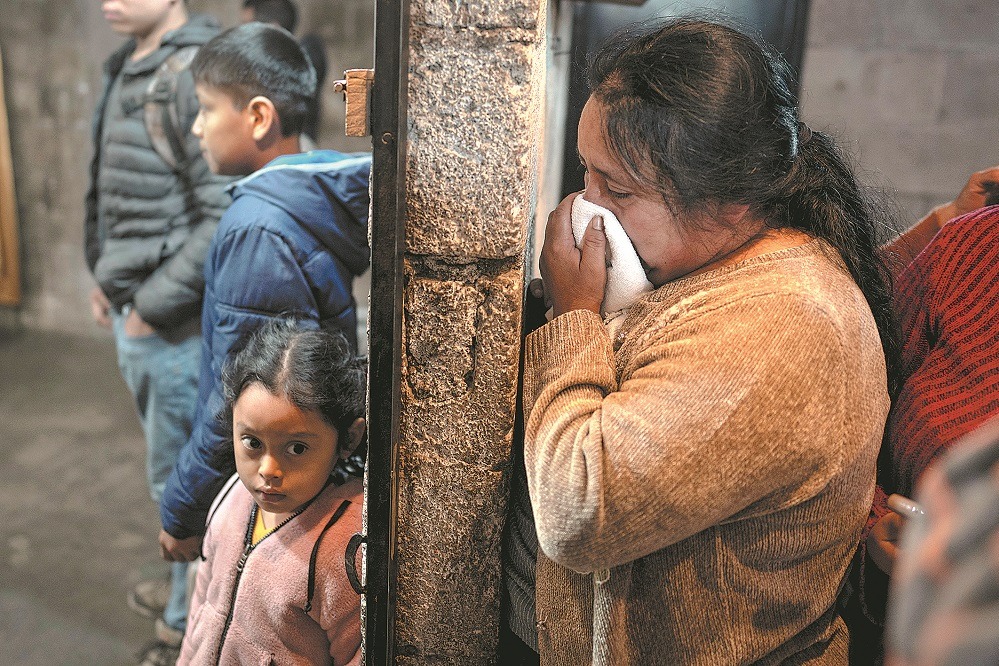COP15 deal pivotal for reversing biodiversity losses


In the United States, the ivory-billed woodpecker was lost as of 2021. In Brazil, the Spix's macaw has been officially extinct in the wild since 2019. Australia's Bramble Cay melomys, a rodent, was no more as of 2015. In July 2022, the International Union for Conservation of Nature declared the Chinese paddlefish of the Yangtze River extinct.
The sheer number of mammals, birds, fishes and reptiles that have been wiped out in the past five decades is staggering. The International Union for Conservation of Nature's Red List now includes 147,517 species, of which 41,459 are threatened with extinction.
Yet global efforts to date to protect biodiversity have proved, on balance, to be token at best.
Now, in the wake of a pivotal global meeting on biodiversity chaired by China, there may be a unique opportunity to change course.
The 15th meeting of the Conference of the Parties to the United Nations Convention on Biological Diversity, or COP15, which was held in Montreal, Canada, between Dec 7 and 19, was a timely reminder of two disparate realities: that biodiversity loss is a pressing issue and that a lot more needs to be done about it, and soon.
COP15 was originally meant to take place in Kunming, Yunnan province, in October 2020, but it was delayed four times due to the COVID-19 pandemic. China officially opened the conference in October 2021, but the offline portion was moved to Montreal. China remained the official president of the meeting.
There were about 10,000 delegates from countries around the world at the conference. Unfortunately, no heads of state were present and there were only a few minister-level delegates to what has been touted as the biggest biodiversity conference in a decade.
COP15 took place just weeks after the 2022 United Nations Climate Change Conference, or COP27, in Egypt.
COP27 and COP15 dealt with different environmental topics. The combination of the two events was powerful but, unfortunately, the former stole some of the thunder from the latter and, to top it off, the policy-heavy Montreal conference happened at the same time as FIFA World Cup 2022, with all its attention-gathering pomp.
Another hurdle to overcome for all those gathered at COP15 was the reality that goals set at the biodiversity conference COP10 in Japan were never met. Likewise, goals set in 2002 to significantly reduce biodiversity loss by 2010 were also never met.
The UN noted in 2002 that it was aware of the challenges that had to be overcome, including a chronic and widespread lack of political will, limited public participation and even less stakeholder involvement, a shortage of human resources and very little public education.
However, 20 years after the meeting in Japan, the same obstacles remain, even as humanity watches the loss of biodiversity with not so much as an eyebrow raised.
"An average of around 25 percent of species in the assessed animal and plant groups are threatened, suggesting that around 1 million species already face extinction, many within decades, unless action is taken to reduce the intensity of drivers of biodiversity loss," said the Global Assessment Report on Biodiversity and Ecosystem Services.
Global Biodiversity Outlook 5, presented by the Secretariat of the Convention on Biological Diversity in 2020, acknowledged the failures of the world to achieve the goals set at earlier conferences, including one in 2010.
"At the global level, none of the 20 targets have been fully achieved, though six targets have been partially achieved," the Secretariat of the CBD noted in 2020.
The good news is that there is still time for positive change. The same 2020 report said that "it is not too late to slow, halt and eventually reverse current trends in the decline of biodiversity".
The China-led meeting could prove pivotal, with the deal reached at COP15 hopefully going a long way toward reversing this dismal trend.
The deal includes goals like safeguarding 30 percent of the world's land, water and marine resources by 2030 and pouring $200 billion into biodiversity-related investments by the end of the decade.
The reality is that the need for action is urgent — the type of action that the COP15 deal calls for.
Without such action, global biodiversity is heading the same way as the climate, only faster, and the consequences for the world could be dire.
"Children born today who live to their 70s will witness literally thousands of animals disappear in their lifetime, from lizards and frogs to iconic mammals such as elephants and koalas," wrote professors Corey Bradshaw and Giovanni Strona in an article in The Conversation.
COP15 was the most important biodiversity conference of the decade. It may have opened the door to the implementation of relevant strategies for humanity, finally, to stop destroying biodiversity.
The world has to take notice now, and countries have to step up with both action and funds to stop biodiversity losses. If not, by the time the next gathering takes place, it probably will be too late.
The author is managing director of Bahati, an editorial services agency based in Hong Kong.
































